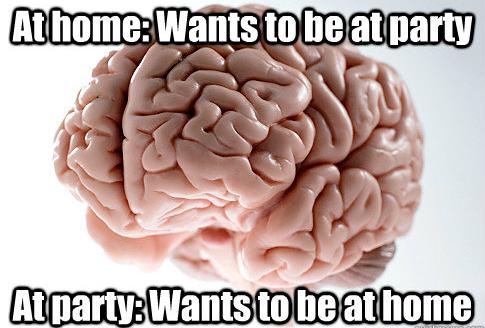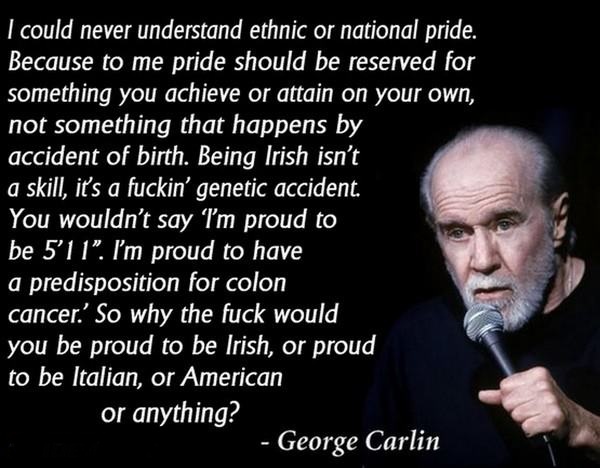Posted on July 27, 2012 in
Articles The Article: The Politics Of Getting A Life by Peter Frase in Jacobin.
The Text: ork in a capitalist society is a conflicted and contradictory phenomenon, never more so than in hard times. We simultaneously work not enough and too much; a labor famine for some means feast for others. The United States has allegedly been in economic “recovery” for over two years, and yet 15 million people cannot find work, or cannot find as much work as they say they would like. At the same time, up to two thirds of workers report in surveys that they would like to work fewer hours than they do now, even if doing so would require a loss of income. The pain of unemployment is well-documented, but the pain of the employed only occasionally sees the light, whether it’s Amazon warehouse employees working at a breakneck pace in sweltering heat, or Foxconn workers risking injury and death to build hip electronics for Apple.
When work is scarce, political horizons tend to narrow, as critiques of the quality of work give way to the desperate search for work of any kind. And work, of any kind, seems to be all that politicians can offer; right and left differ only on who is to blame for the scarcity of it. Go to the web site of the Barack Obama campaign, and you will be told at the top of the “Issues” page that “The President is taking aggressive steps to put Americans back to work and create an economy where hard work pays and responsibility is rewarded.” Likewise the site of the AFL-CIO labor federation, where a man in overalls grins behind the words “work connects us all”. This is how the virtuous working class appears in the liberal imagination: hard-working, responsible, defined, and redeemed by work, but failed by an economy that cannot create the necessary wage labor into which this responsibility can be invested.
When the Right rejects this romanticism of workers as ascetic toilers, it is only to better shift the blame for a weak economy from capital to labor. University of Chicago economist and sometime New York Times contributor Casey Mulligan tried to define the recession out of existence by insisting that collapsing employment reflected only a diminished desire to work, rather than a shortfall in demand. Meanwhile, the more culturally-minded reactionaries fret about the waning of the work ethic as a herald of civilizational decline. Charles Murray, who made his name promoting pseudoscientific accounts of the shiftlessness and mental inferiority of African-Americans, has recently returned with dire warnings about the decay of the white working class. White men, he says, have lost their “industriousness,” as demonstrated by declining labor force participation rates and shorter average work weeks among the employed.
Continue Reading















